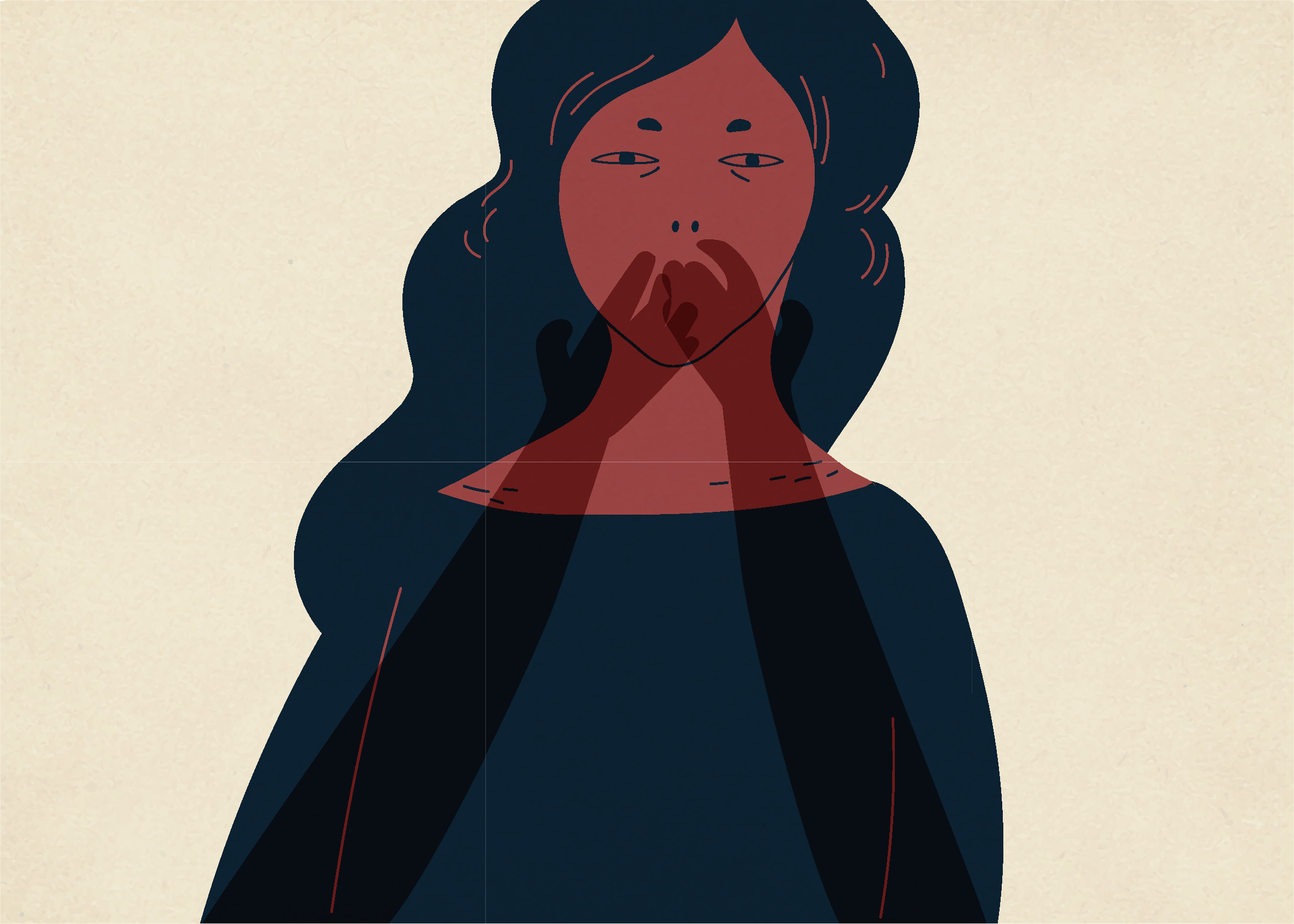Trauma is something that a lot of people have experienced during their lifetime. Psychotherapist Phil Naylor from the Glen Tara Center for Hypnosis Counselling and Wellness asserts that you may have suffered trauma even if you don’t realize it. It’s not always what you think, either. A traumatic experience doesn’t always occur as the result of a terrible ordeal… You can be left traumatized by much smaller events if you do not have the emotional resources to cope with them.
We wanted to know how some of our strongest women leaders have managed to turn their own traumatic experiences into a source of that strength. We wanted to examine the link between tough experiences and the empowerment of female leaders… does negative life experience help build character?
Let’s find out.
You May Be Affected By Trauma Without Even Knowing It
Do you have constant anxiety? Do you struggle with panic attacks, anger outbursts, and depression? Do you have sleeping problems, bad dreams or nightmares? Do you struggle with low self-worth? It is possible you are suffering from the effects of past trauma – probably childhood trauma. Anxiety Dreams (Psychology Today) are a common symptom of this, where the dreamer will be stuck in a state of worry until they waken. This leads to exhaustion and ongoing negative effects on your life… and you might not even know the source of it all is one single upheaval in early life.
Trauma doesn’t always come in some major event, like an assault or some horrific tragedy – what we might think of as the “Big T” traumas – or obvious “in your face” traumas. Many traumas are actually “little t” traumas – events that were fear provoking or overwhelming at the time and when you didn’t have the internal resources to deal them (Psychology Matters). These could be childhood events such as living with a parent who was an alcoholic or had a mental health issue. You may have been belittled at home experienced or witnessed abuse or were just neglected emotionally. Or perhaps you were significantly bullied at school? All of these could have been experienced as traumatic at the time, but we tend to just “move on” and forget about these things as we grow into adulthood. We may consciously forget but our bodies don’t. Unresolved traumas can emerge later in the form of anxiety, anger, depression and several other mental health illnesses.
This means that you may not know that you are suffering from the negative side effects that a difficult past can leave in its wake. Therefore, it is important to understand your emotional challenges how to manage the symptoms that may be part of your trauma. Phil Naylor offers a lot of insight on these issues, offering the tools necessary to help overcome trauma and to thrive. Once you learn how to manage these seemingly complicated yet understandable emotions (once you “get” trauma and what it’s all about) you can come out on the other side as a more empowered leader.
Negative Stereotypes You Need To Change
A big problem, even today, is that there is still a lot of negative reactions to those people struggling with their mental health. People may view these issues as a weakness that other people aren’t going to take seriously. They think that if it can’t be seen, it doesn’t exist. This is one of the reasons why people who have experienced trauma tend to think that they are something “less than” – that there is something fundamentally wrong with them. Another reason is that people tend to see themselves as the actually “cause” of why people rejected or neglected them in the first place (ie. “my father abused me, or kids bullied me BECAUSE there was something wrong with me to begin with”). This is why a hallmark of trauma is low self-worth. Part of recovering from trauma is to realize that there isn’t anything wrong with you and that you can heal those invisible wounds.
These negative stereotypes need to change. A person who has endured an ordeal that they are then able to rationally objectify using hindsight is not a victim. They are a survivor. Do not let anyone tell you otherwise.
This is also the fundamental reason why women who have suffered through a traumatic experience make for empowered leaders. When the issue has been faced down and overcome, we are able to grow into better equipped human beings. Our emotional capacity grows. The next time we are in a similar situation we will be able to tackle the problem. In short, a woman able to overcome trauma is able to overcome many other things in life with the same tact and resourcefulness they have already learned.
But In Order To Become Empowered Leaders Women Survivors Need To Heal Themselves, First
How do you deal with your trauma? The main thing to know is that everyone deals with their trauma in a different way because trauma effects everyone differently. Every single survivor has their own set of symptoms, their own set of issues and their own set of goals. Naylor outlines a variety of strategies you can implement that will help when used in combination with each other.
One important thing to do is to do is to seek therapy – whether it is one-on-one sessions or group therapy. Some people may even find solace in doing both, especially since they have the opportunity to share their experiences with other people who may have had similar trauma. Experiencing the support of a group can help combat loneliness and isolation in particular, two of the main causes of depression and anxiety (Lifeline).
There are also some simple practical things you can do to help with anxiety or trauma symptoms. Trauma is a mind-body issue so deep breathing exercises done on a regular, consistent basis helps to mitigate the fight-flight response – which is behind our anger and anxiety episodes. A professional can help you to learn these breathing exercises and offer other tips that will help you to manage your trauma. Tension and release exercises can also make you feel a little better in the moment. Many types of therapy will equip you with these strategies that will help bring your symptoms gradually under control.
Therapy Could Be The First Step To An Empowered You
How does this help you to become an empowered leader? Sometimes trauma helps you to reshape your life, even putting you on a track you otherwise would not have been on. For instance, sometimes domestic violence survivors end up going back to school to further their education so that they can get a better job. They see injustice in the world, and they fight it – because nobody fought for them. They are stronger, bolder, more likely to fight back than your average person. They have a firm resolve that they will not be victims ever again.
Others take this as an opportunity to reclaim their life, leaving the trauma in the past and realizing that they don’t have to dwell on it. That you can move forward with your life without letting trauma dictate your future. Probably most importantly, trauma can give you a stronger voice. Silence doesn’t accomplish anything. But a trauma survivor is a survivor who can use their voice as a tool to not only empower themselves, but to empower others who may have also experienced trauma.
Famous Female Survivors Include:
- Rihanna
- Rebecca Musser
- Mariah Carey
- Sara Kruzan
- Oprah Winfrey
- Maya Angelou
- The list goes on…


